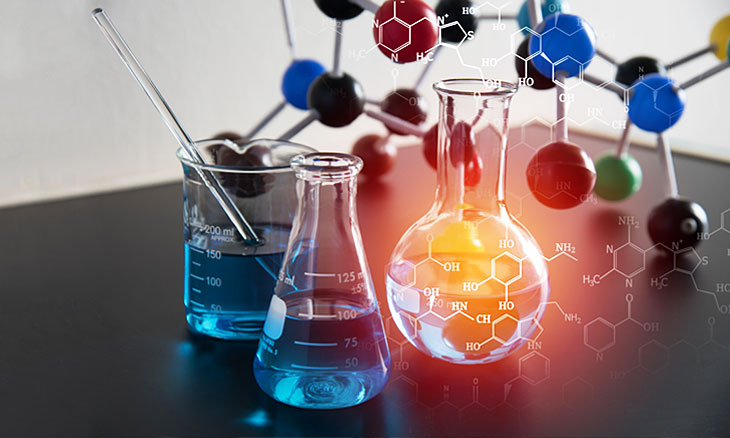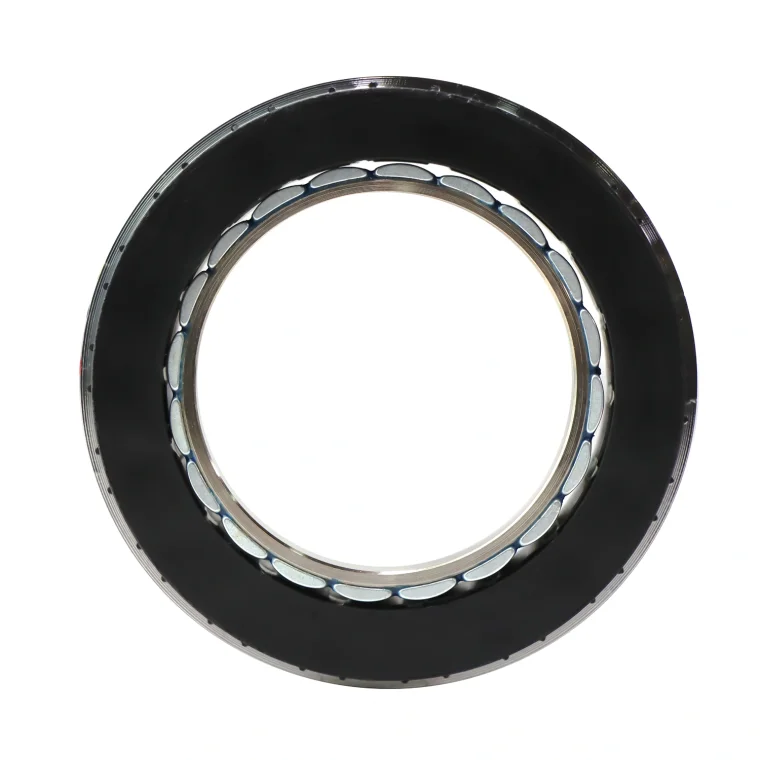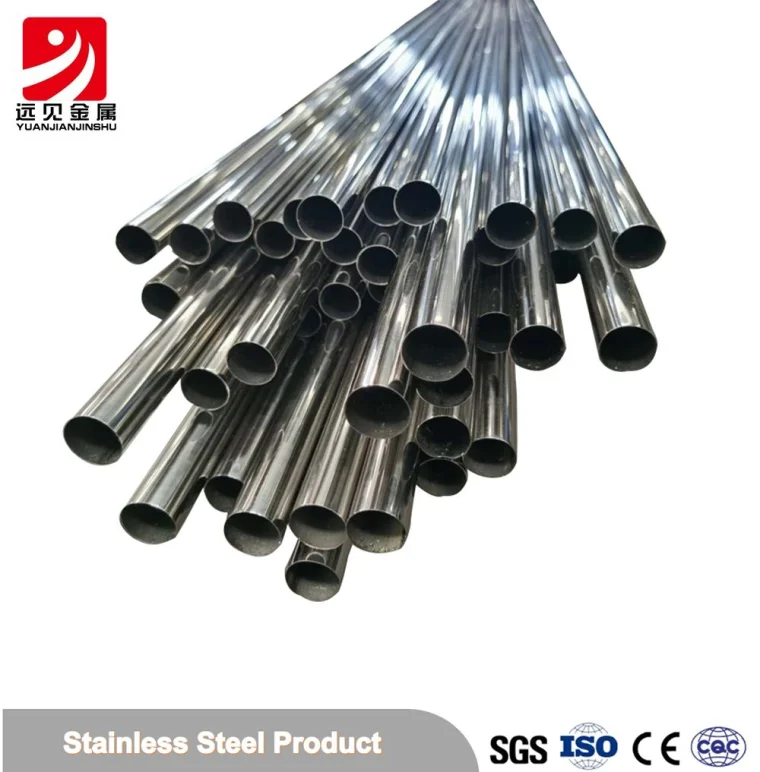
Maintaining a physics lab is crucial to ensure accurate and reliable results. A well-maintained lab not only enhances the quality of research but also ensures the safety of lab personnel. In this blog post, we will discuss some tips and best practices for maintaining a physics lab.
- Regular Cleaning and Maintenance
The first step in maintaining a physics lab is to ensure that it is clean and well-maintained. Regular cleaning of the lab equipment, work surfaces, and floors is essential to prevent the accumulation of dust, debris, and other contaminants that can affect the accuracy of the experiments. Additionally, regular maintenance of lab equipment, such as calibration and repair, is necessary to ensure that they are functioning correctly.
- Proper Storage of Chemicals and Equipment
Proper storage of chemicals and equipment is crucial to prevent accidents and ensure the longevity of the equipment. Chemicals should be stored in a designated area, away from heat sources and incompatible materials. Equipment should be stored in a dry and cool environment, and any sensitive equipment should be stored in a dust-free environment.
- Regular Safety Inspections
Regular safety inspections are necessary to ensure that the lab is safe for personnel and visitors. Safety inspections should include checking for any potential hazards, such as electrical hazards, chemical spills, and fire hazards. Additionally, safety equipment, such as fire extinguishers and eye wash stations, should be inspected regularly to ensure that they are in good working condition.
- Proper Training of Lab Personnel
Proper training of lab personnel is essential to ensure that they are aware of the potential hazards and safety procedures in the lab. All lab personnel should receive training on the proper handling and disposal of chemicals, as well as the use of safety equipment. Additionally, lab personnel should be trained on the proper use and maintenance of lab equipment.
- Documentation and Record-Keeping
Documentation and record-keeping are essential to ensure that the lab is in compliance with regulations and standards. All lab procedures, including safety procedures, should be documented and updated regularly. Additionally, all lab equipment should be labeled and tracked to ensure that it is properly maintained and calibrated.
In conclusion, maintaining a physics lab requires regular cleaning and maintenance, proper storage of chemicals and equipment, regular safety inspections, proper training of lab personnel, and documentation and record-keeping. By following these tips and best practices, you can ensure that your physics lab is safe, reliable, and produces accurate results.



